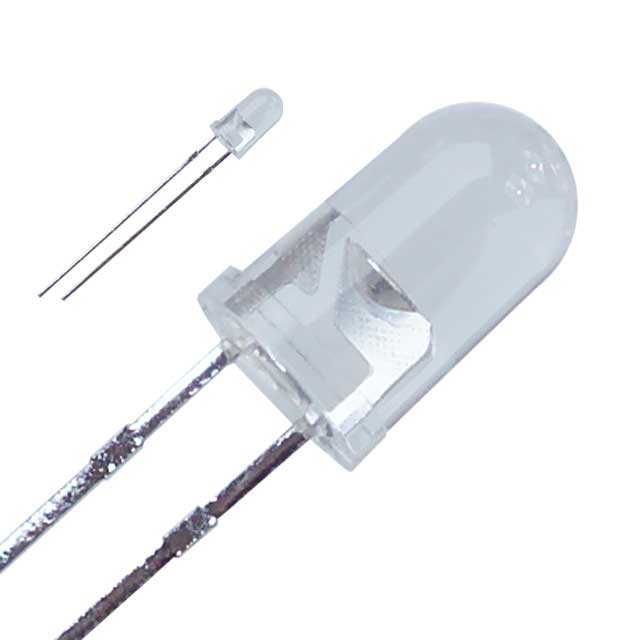
Sustainable materials are “green” or environmentally friendly building materials that are not harmful to the environment. Sustainable materials are created from renewable or recyclable resources to stick with the reuse, repurpose and recycle mantra. The use of sustainable materials in building projects is becoming more widespread so it is possible to find these types of materials in local home improvement stores. More and more building vendors are going green so they too are placing more eco-friendly building products into their inventory. Green building materials are available for building exteriors and interiors, as well as fixtures, appliances and wall paint.
Types of sustainable building materials
• Bamboo
• Straw
• Lumber from forests certified to be managed to be sustainable
• Dimension stone
• Recycled stone
• Recycled metal
• Non-toxic products
• Reusable products
• Renewable or recyclable products
• Trass
• Linoleum
• Sheep wool
• Panels made from paper flakes
• Baked earth
• Rammed earth
• Clay
• Vermiculite
• Flax linen
• Sisal
• Seagrass
• Cork
• Expanded clay grains
• Coconut
• Wood fiber plates
• Calcium
• Sandstone
Wednesday, December 16, 2009
Sustainable Building Materials
Posted by Kristie Lorette at 12:45 PM 0 comments
Labels: eco-friendly building materials, environmentally friendly building materials, sustainable bilding materials
Tuesday, December 15, 2009
Mother's Green House

Every mom or mom-to-be worries about the health of their children. In most instances, the health of individuals, the health of your home and the health of the environment all go hand-in-hand. Various firms and consultants around the country help individuals turn their homes into healthy environments, but Mother's Green House specializes in helping moms and moms-to-be get their homes ready for baby by getting rid of:
* Allergens
* Toxins
* Pollutants
* Poisons
Mother's Green House services the Santa Monica area of California, offering in-home services as well as workshops and special events.
Posted by Kristie Lorette at 2:57 AM 0 comments
Labels: green home, greening a home, how to green a home for a baby, mother's green house
Tuesday, December 8, 2009
Color Quality of LED Lights

The color quality of LED lights is one of the main challenges standing between the companies producing these lights and the consumers using them. Because LED lights are almost monochromatic, it also makes them energy efficient. The problem is that these same characteristic is what makes LEDs poor light quality because "white" light does not exist in a great enough amount to make LED lighting of high quality.
Posted by Kristie Lorette at 1:25 PM 0 comments
Labels: advanatges of LEDs, color quality of LEDs, LED lighting, LED lights
Friday, December 4, 2009
LEDs: Energy Efficiency Factor

As we move into a more and more eco-conscious world, concern with the use of energy efficient lighting has become more important. It is believed that by 2010, which is just a few short weeks away from beginning, LEDs will be the most energy efficient lighting available.
Energy efficiency for lighting is measured by luminous efficacy, which is measured in lumens per watt. This is a measurement of how much light is produced from each watt of electricity used by the light. Today, LED lights produce 45 to 50 lumens per watt, but as further development occurs, it is expected that LEDs will reach 160 lumens per watt by 2025.
Something else to keep in mind about LEDs is while they use a low amount of energy, they also produce a low light output. True energy efficiency provides both a low energy user that produces a quality amount of light output. This is why work is still underway to continue to improve the energy efficiency of LEDs.
Posted by Kristie Lorette at 7:33 AM 0 comments
Labels: advanatges of LEDs, energy efficient lighting, energy efficient lights, LED lights




